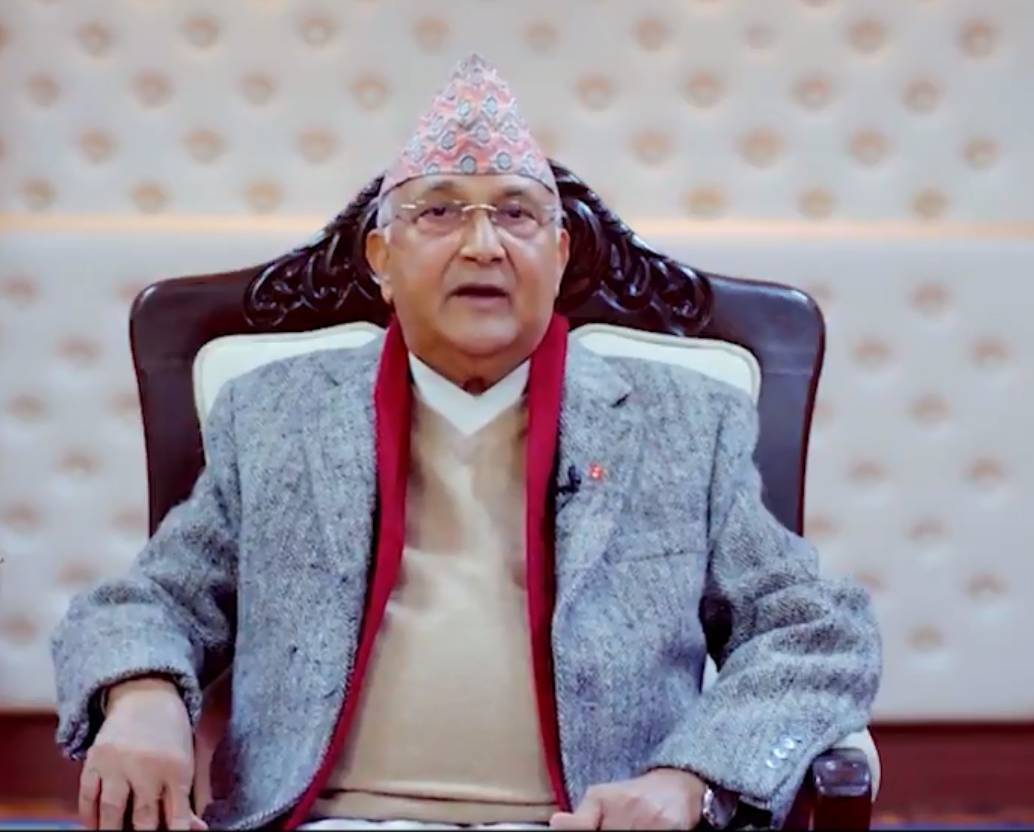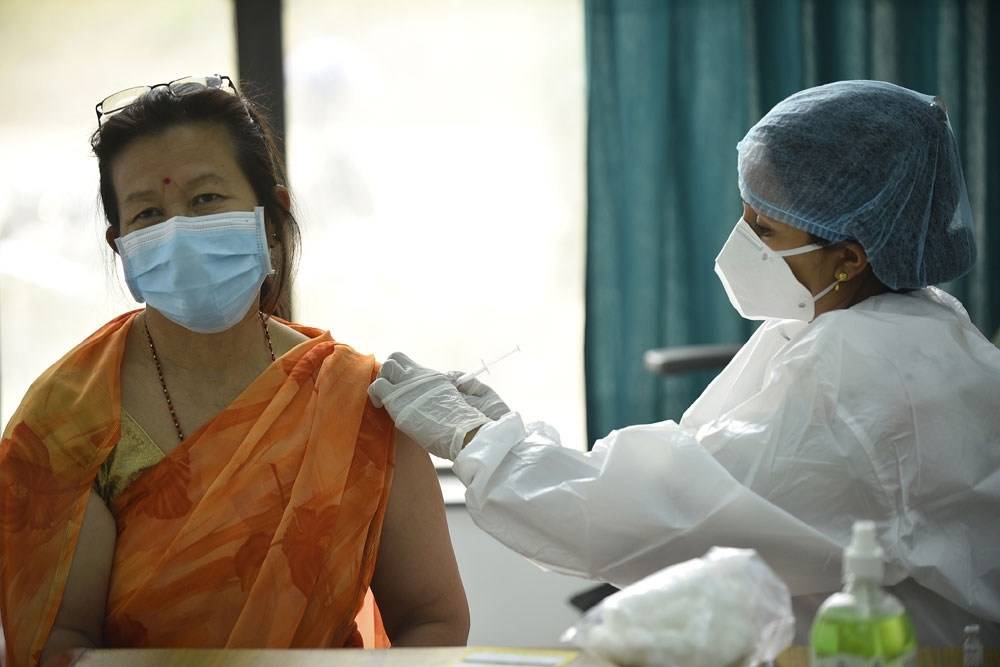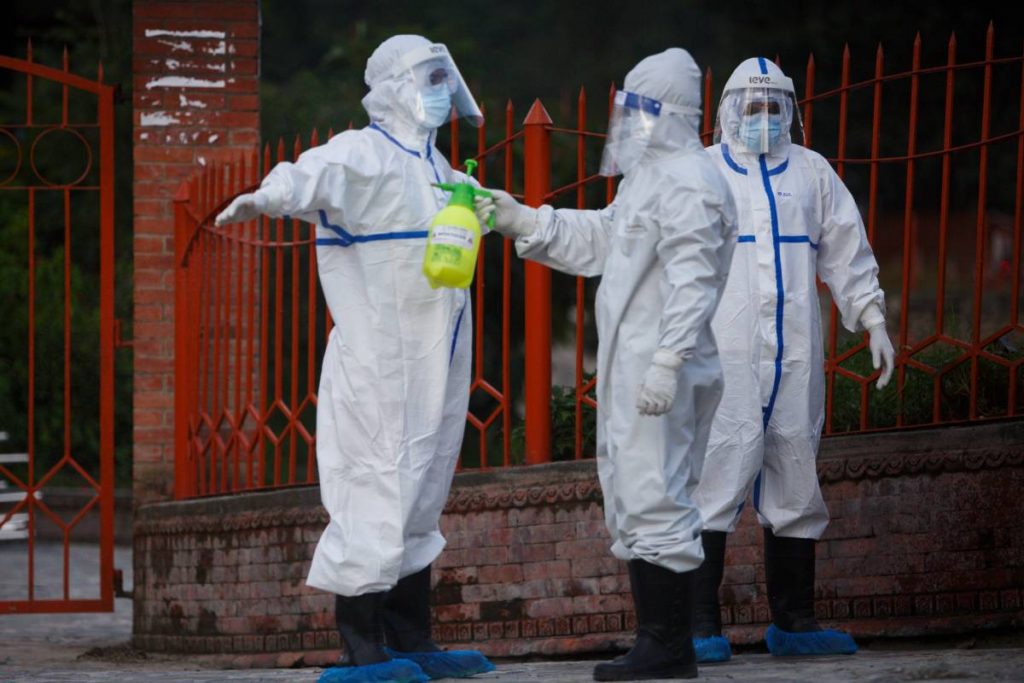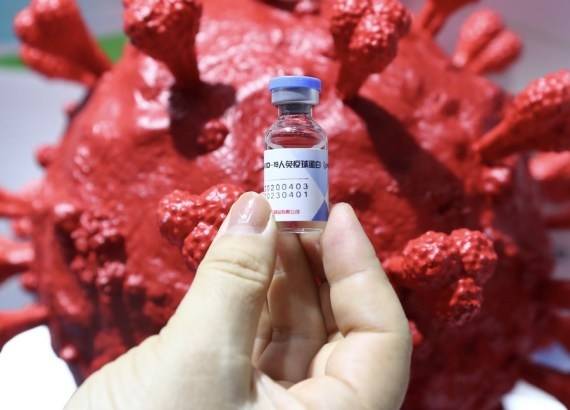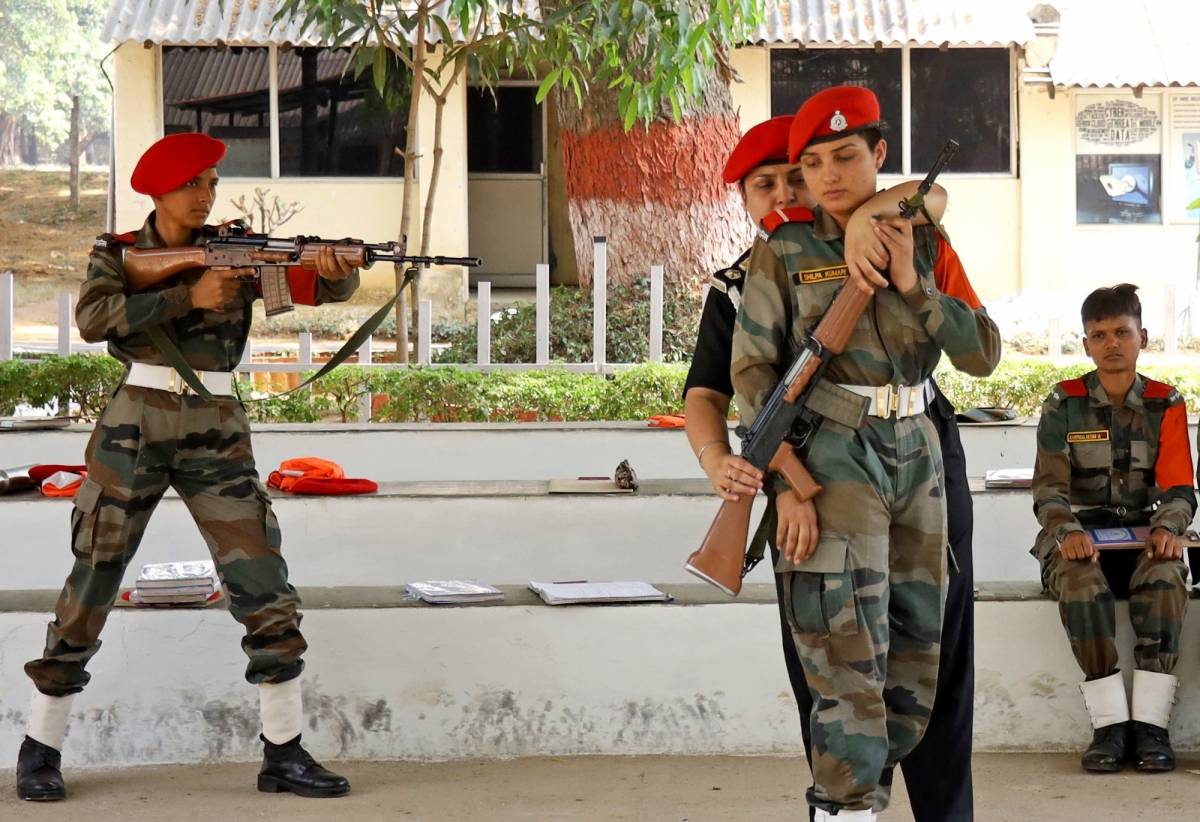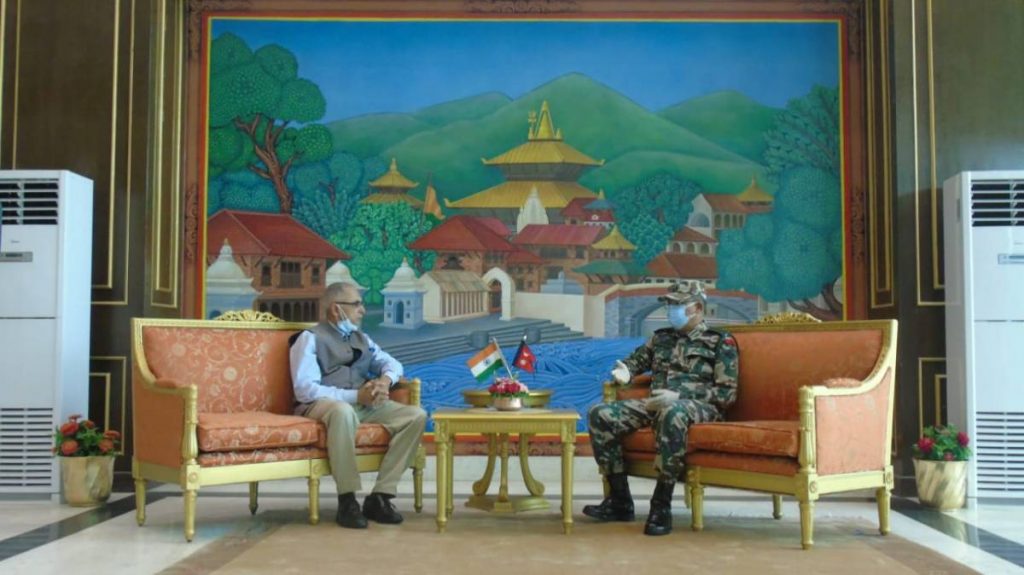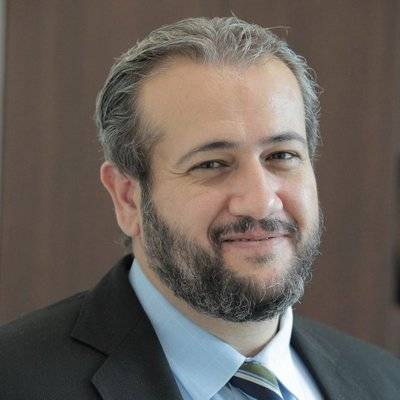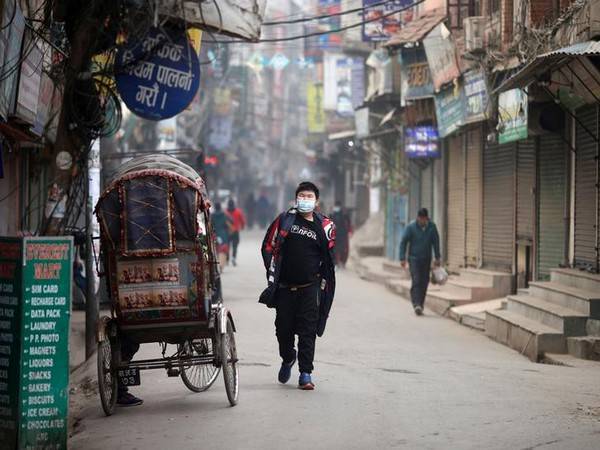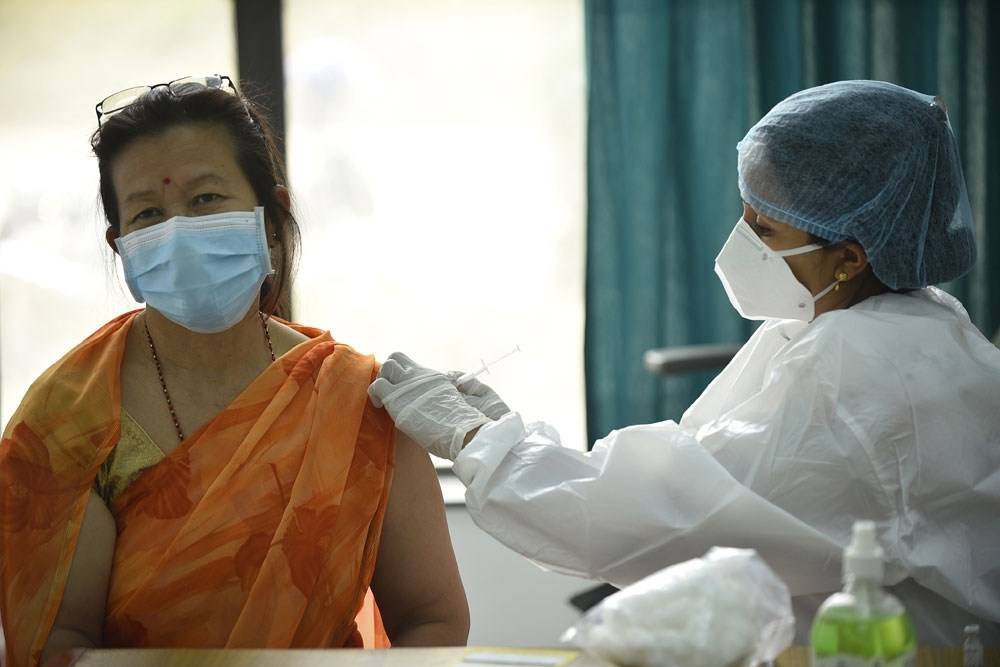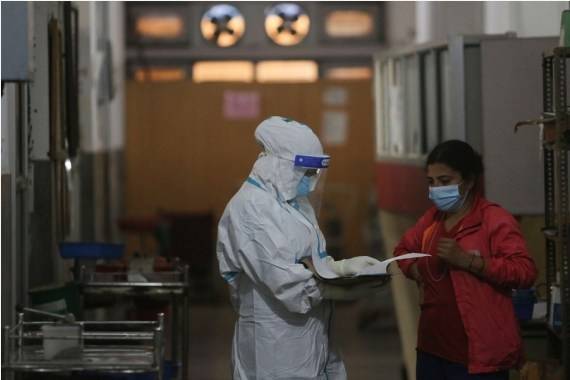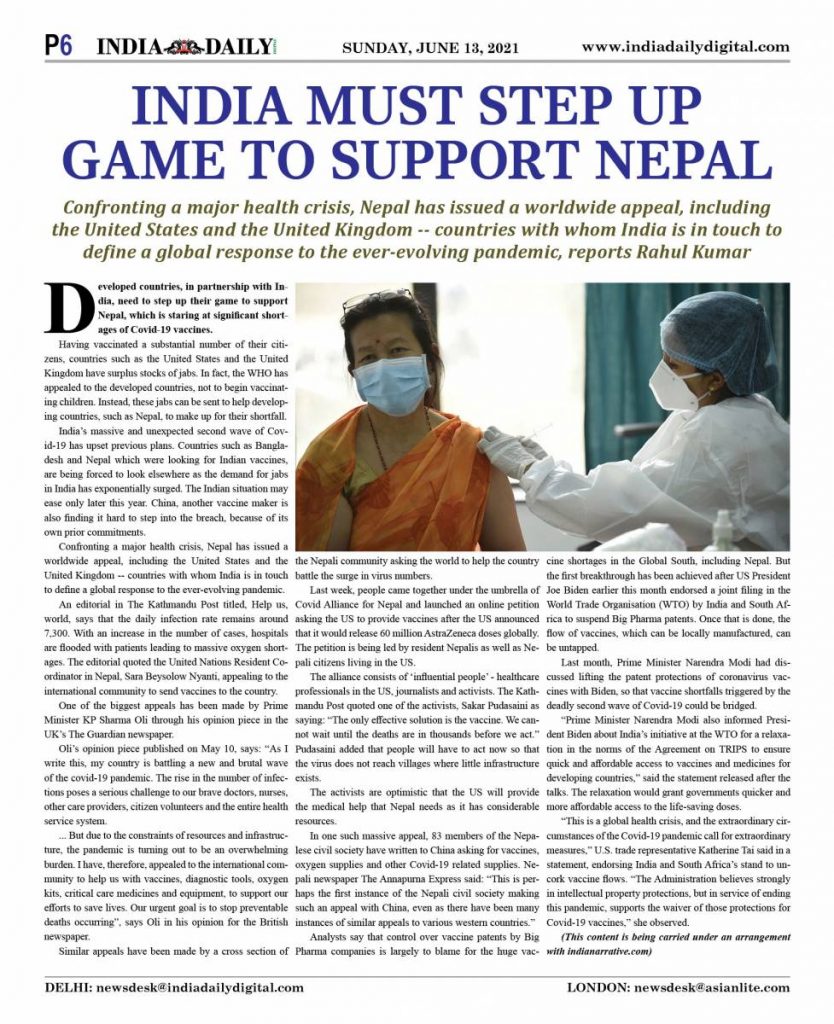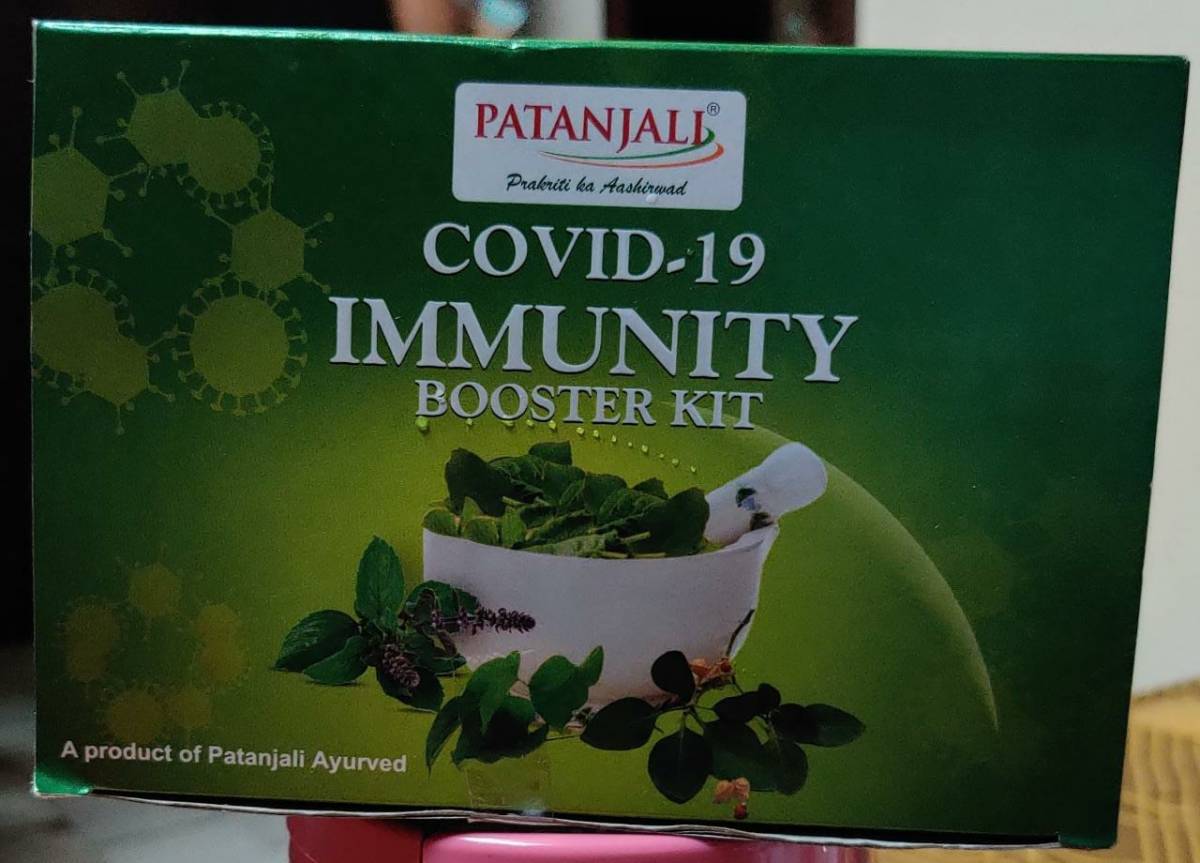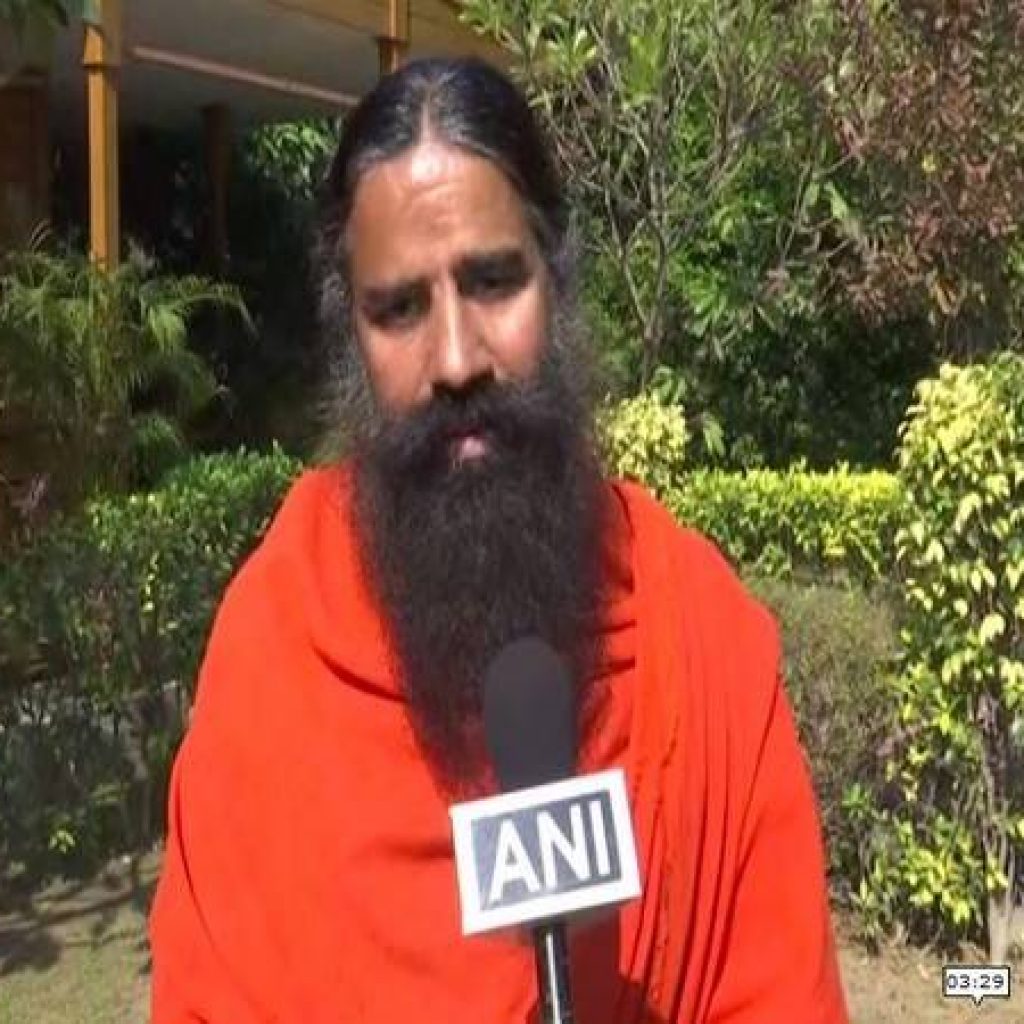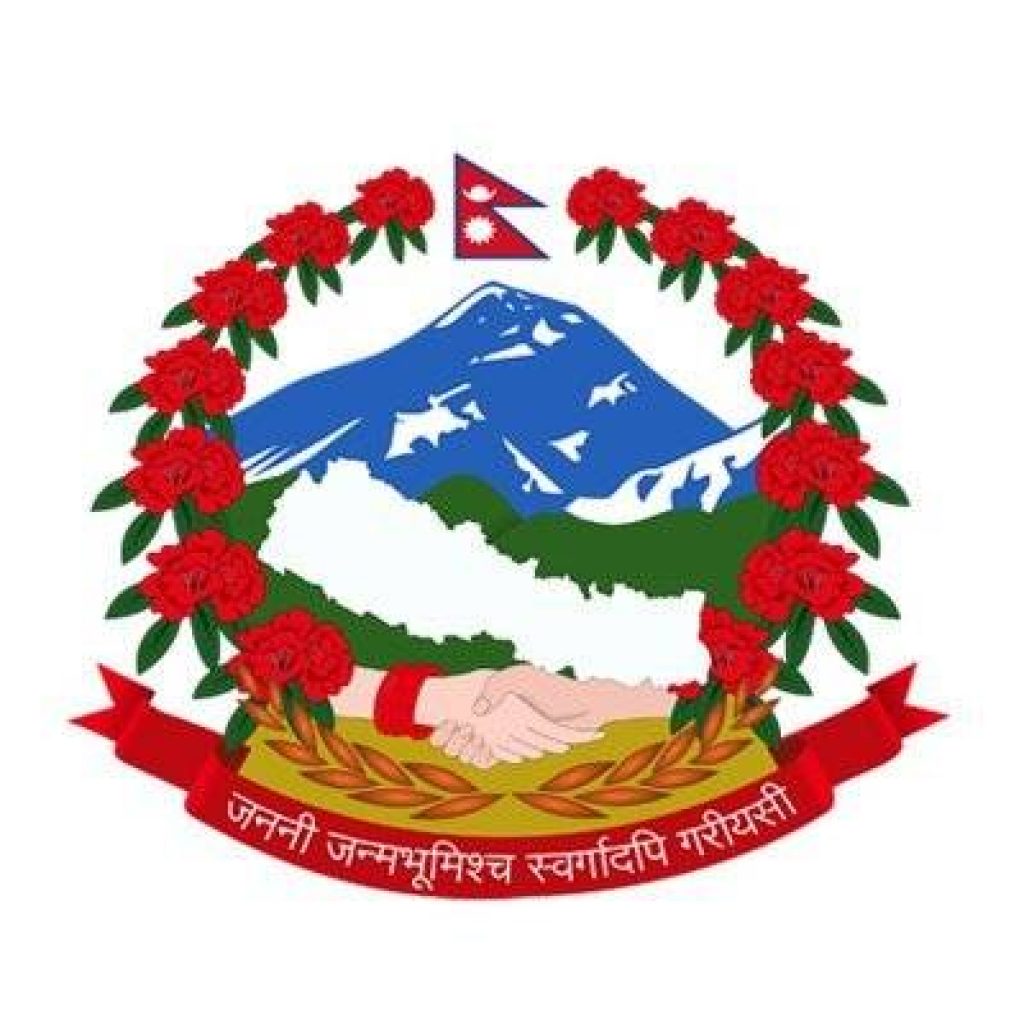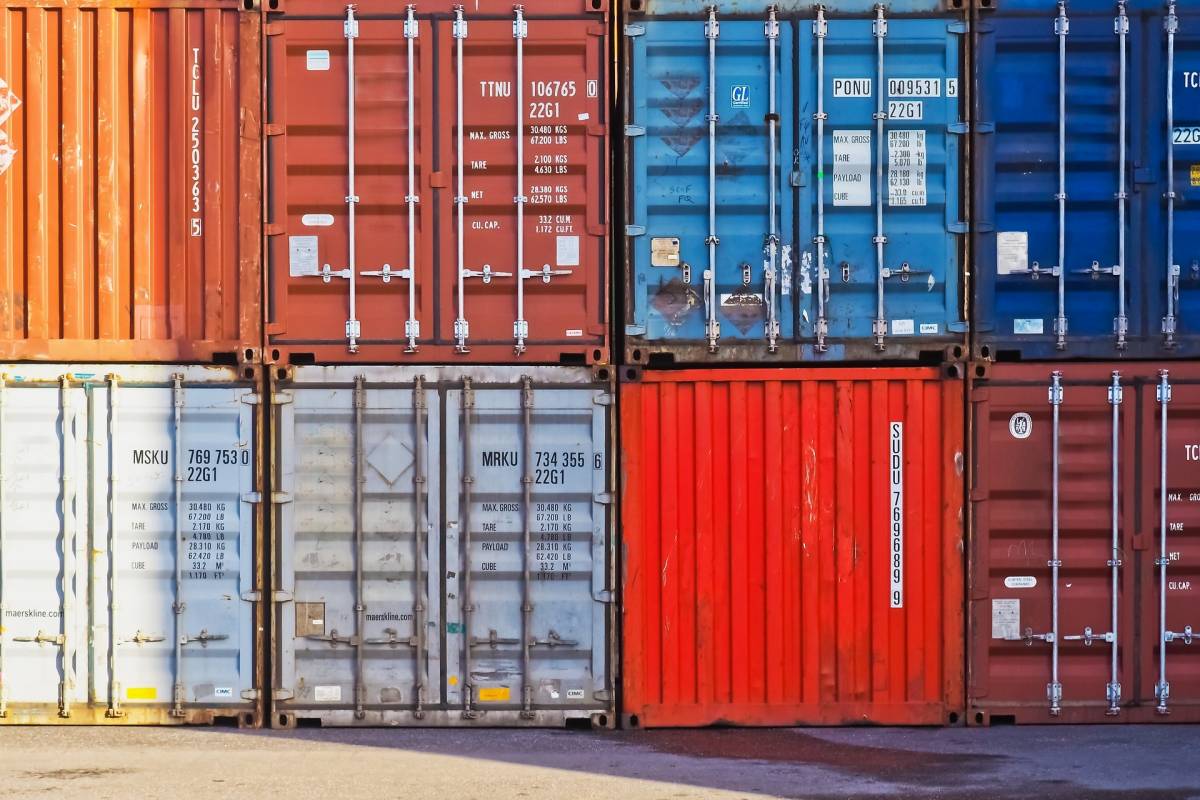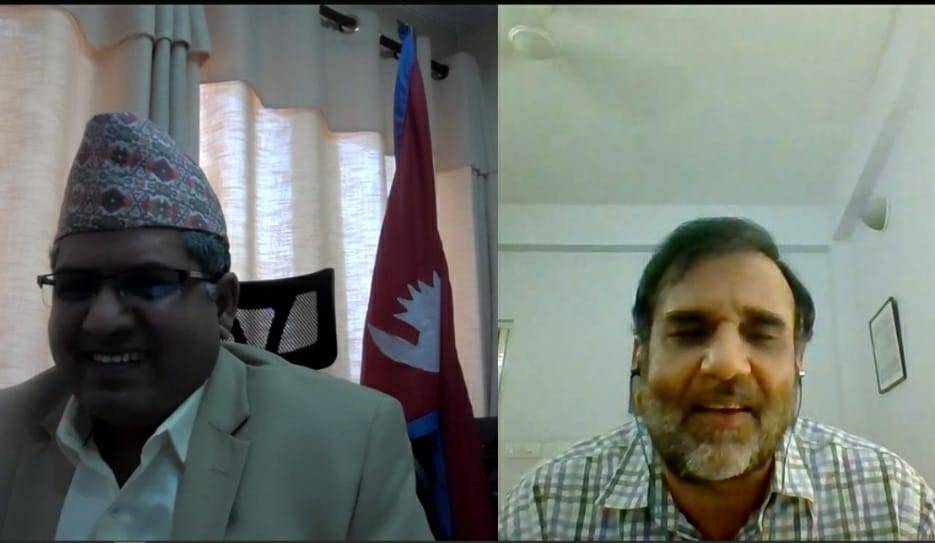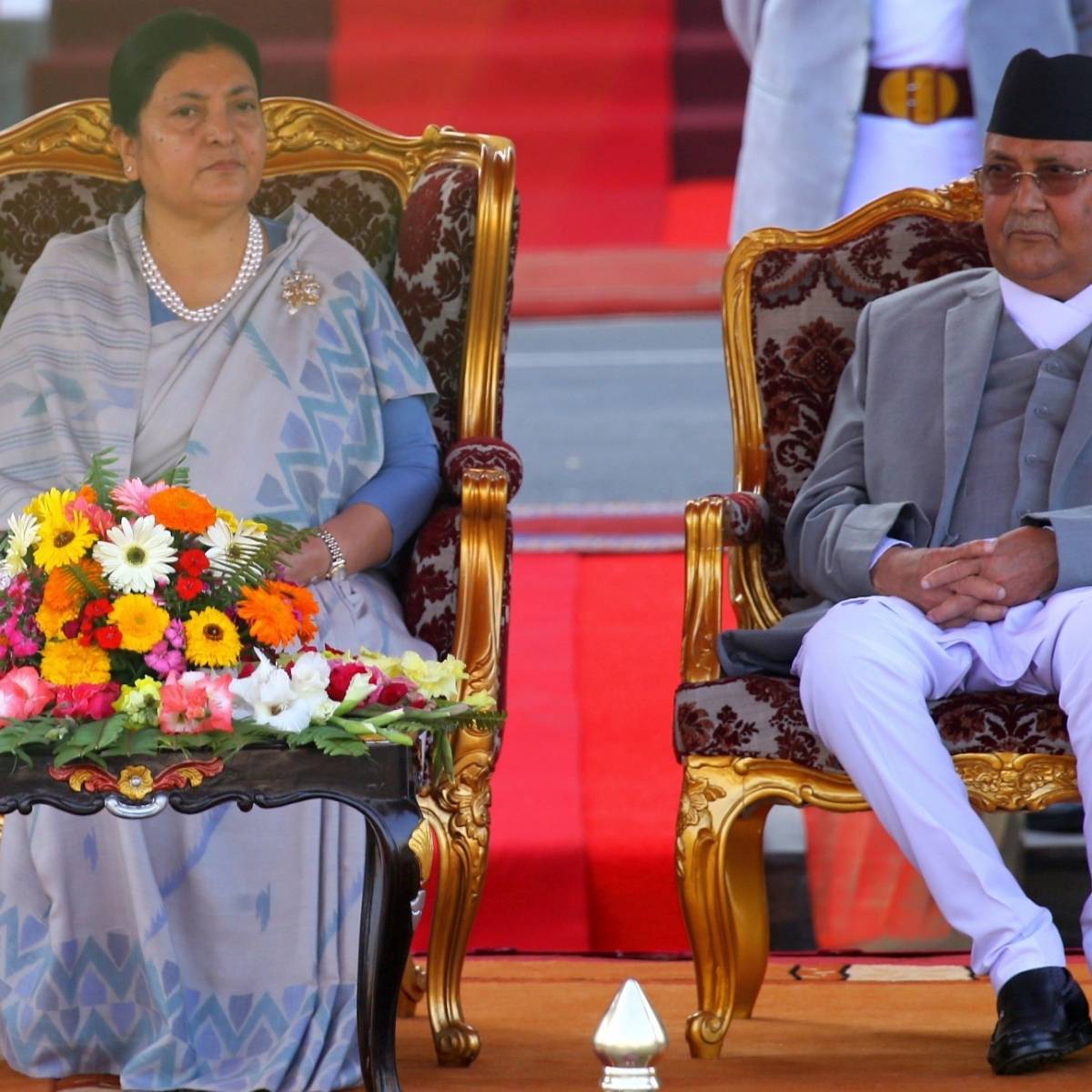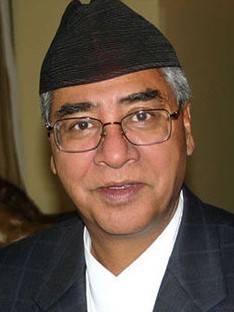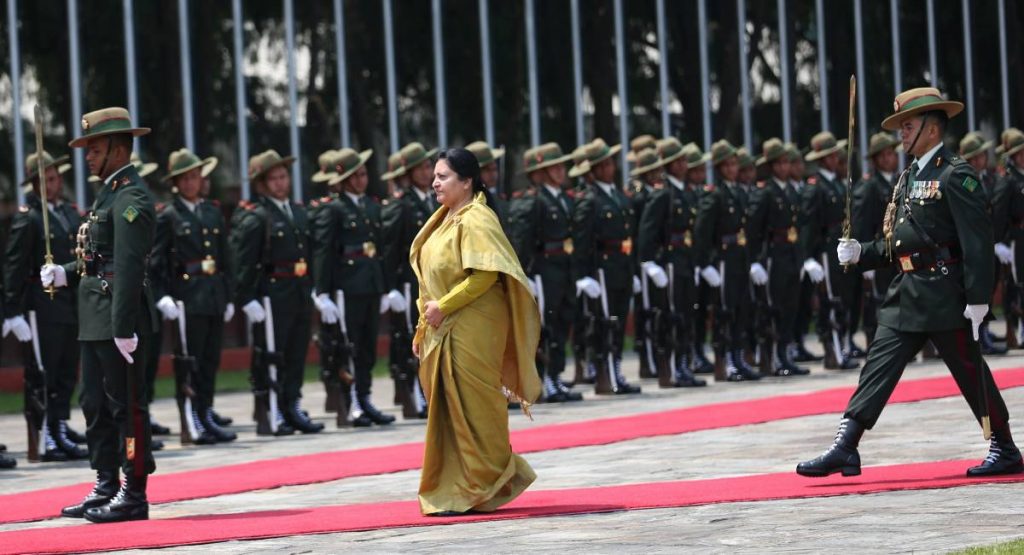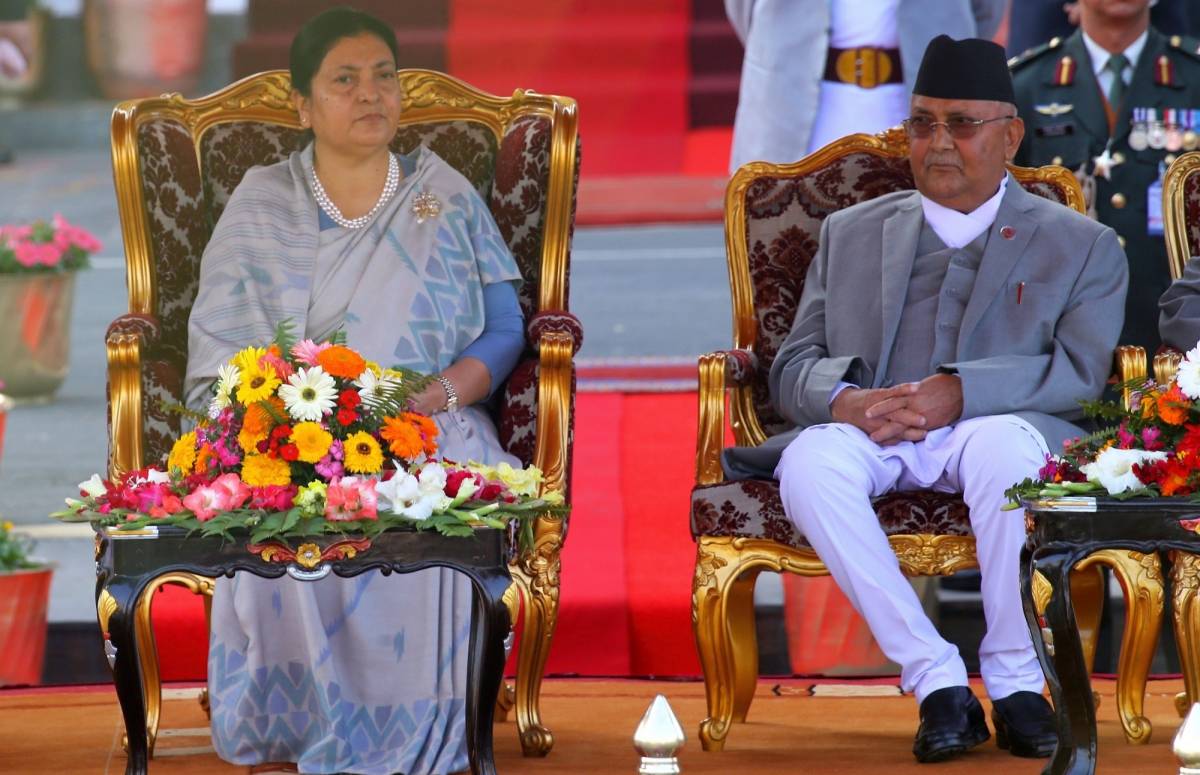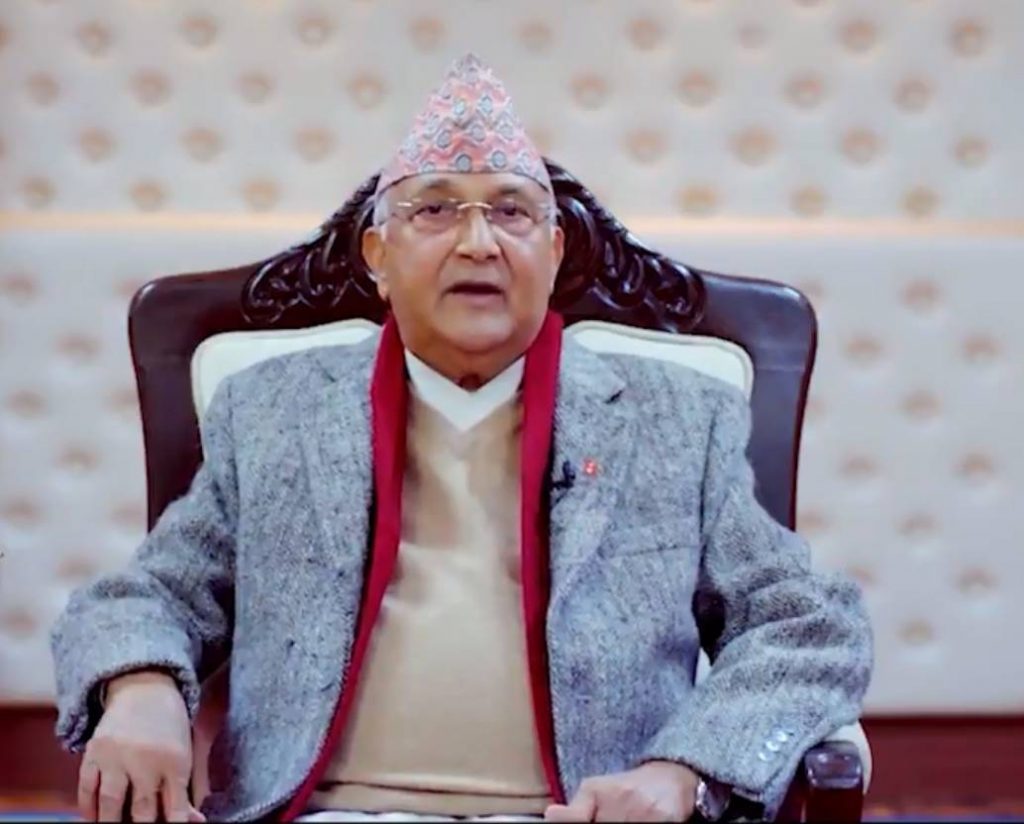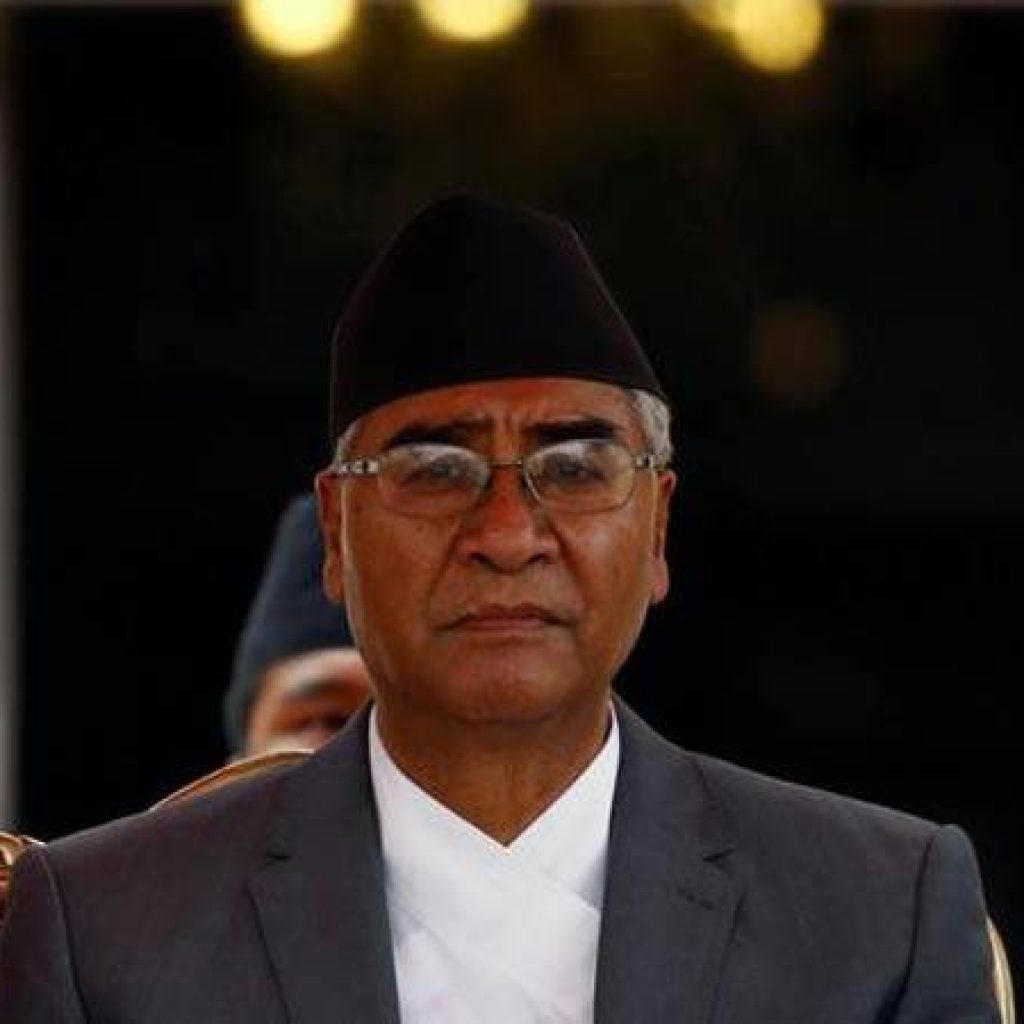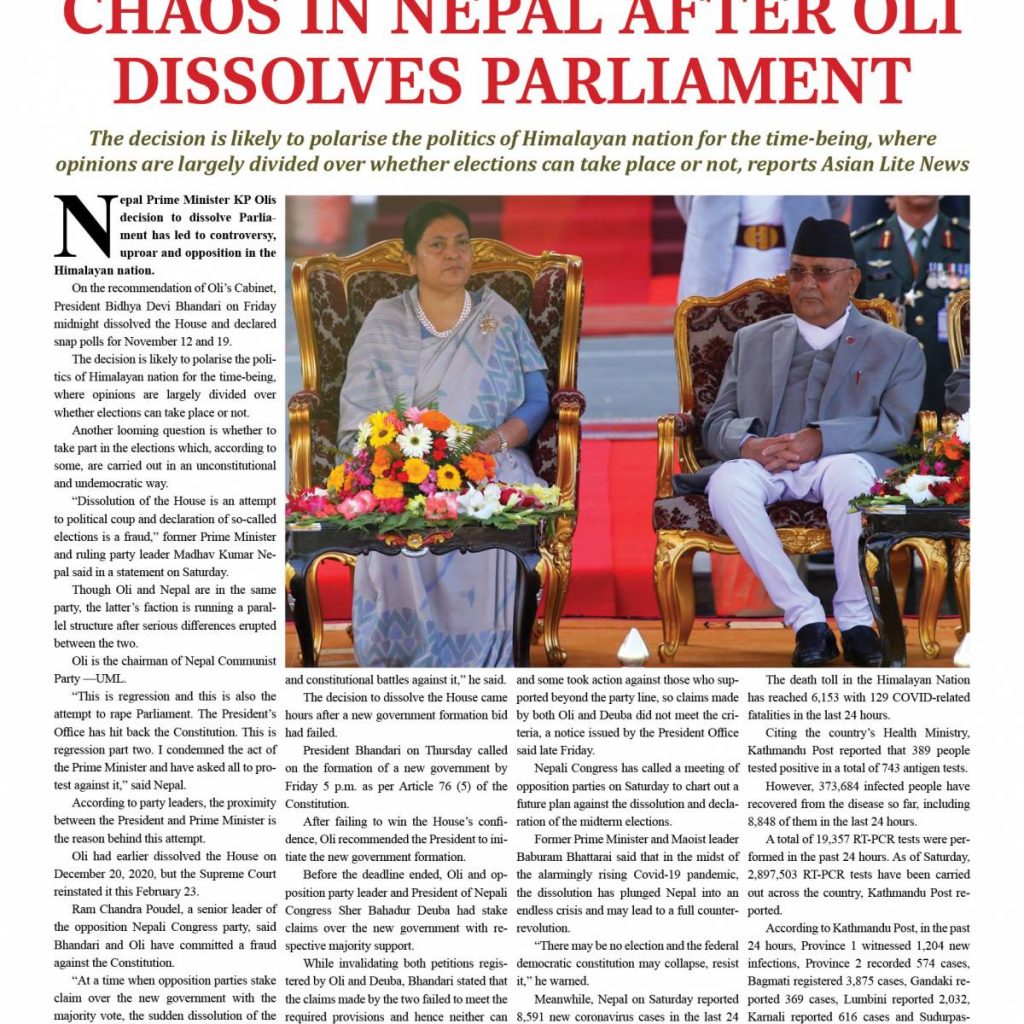Oli had dissolved the House on May 21 and declared the elections after he lost the vote of confidence in the House….reports Asian Lite News
In a serious blow to Nepal’s embattled Prime Minister K.P. Sharma Oli, the country’s Supreme Court on Tuesday quashed the recent Cabinet reshuffle and relieved 20 ministers from their posts in Oli’s cabinet.
Oli, who slipped to caretaker status after the dissolution of the House and declaring the elections in November, had expanded the Cabinet and added 20 new faces on June 4 and June 10.
Oli had dissolved the House on May 21 and declared the elections after he lost the vote of confidence in the House.
The Supreme Court said in its interim order that a caretaker Prime Minister cannot reshuffle the Cabinet after declaring the elections.
That goes against the spirit of the Constitution, the interim order of the court stated, while issuing an order not to implement the decision to expand the Cabinet.
A division bench of Chief Justice Cholendra Shamsher Rana and Justice Prakash Kumar Dhungana issued the order in the name of the caretaker government to release the newly appointed ministers from their appointments.
The Supreme Court interim order has asked Oli to relieve 20 ministers appointed after the House dissolution from their duties. With this, the size of Oli’s Cabinet has been reduced to five from 25.
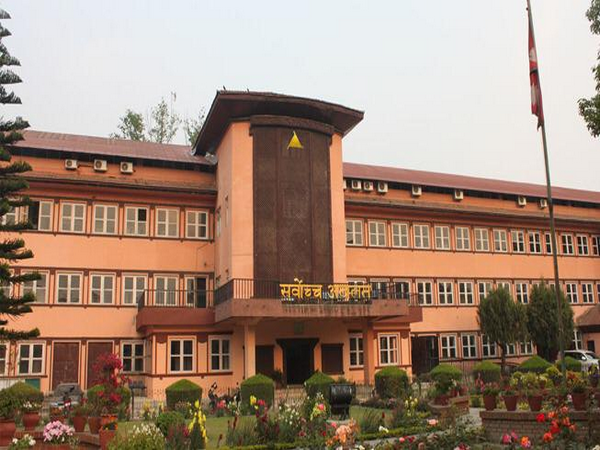
The court’s decisions came in response to several writ petitions that were filed earlier this month, challenging Oli’s move to induct new ministers in the caretaker government.
The ruling Nepal Communist Party-UML has termed the Supreme Court’s interim order to relive 20 ministers as an ‘unexpected’ move.
“This Supreme Court’s decision is unexpected to us and this will take the country to a very complex mode,” party spokesperson Pradeep Gyawali told the media after the court’s verdict.
“We have concluded it as ‘unexpected’ but we’ll make our position clear once we read the full verdict,” he added.
The Supreme Court’s decision has been welcomed by the opposition Nepali Congress.
“This is a very positive decision as Prime Minister Oli has been assaulting the Constitution time and again. The Supreme Court has corrected Oli’s mistake,” said senior Nepali Congress leader, Ram Chandra Poudel.
“No caretaker government in the world expands the Cabinet after the declaration of elections. The court has taken its decision in favour of democracy.” Poudel added.
Oli had twice dissolved the Parliament. First in December last year, which was later reinstated in February. After his united party, the Nepal Communist Party, split in March during a verdict, Oli lost the majority in Parliament and lost the vote of confidence.
Again on May 21, he dissolved the House and declared the elections, which is being heard in the Supreme Court.
ALSO READ: Nepal to buy 4mn vaccines from China

